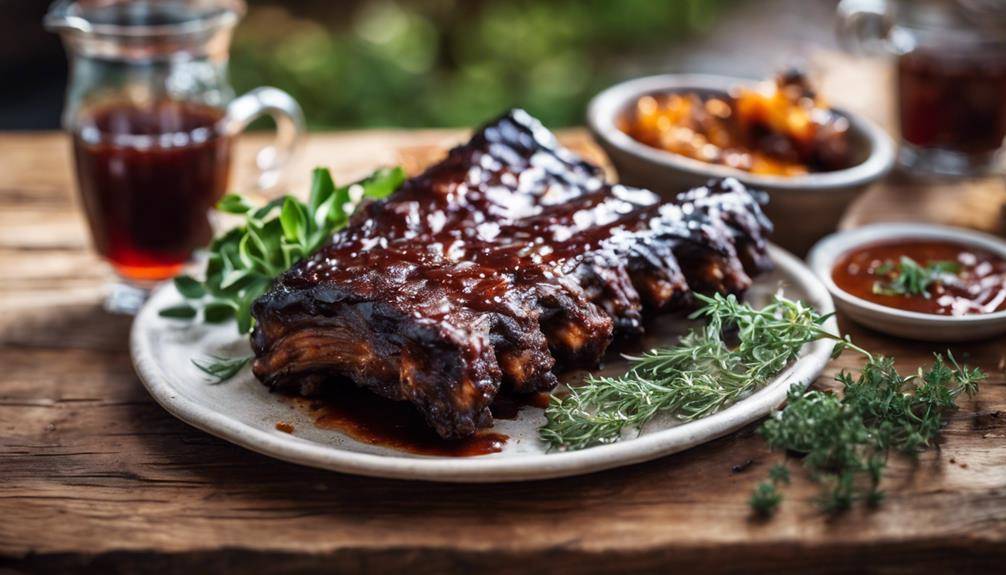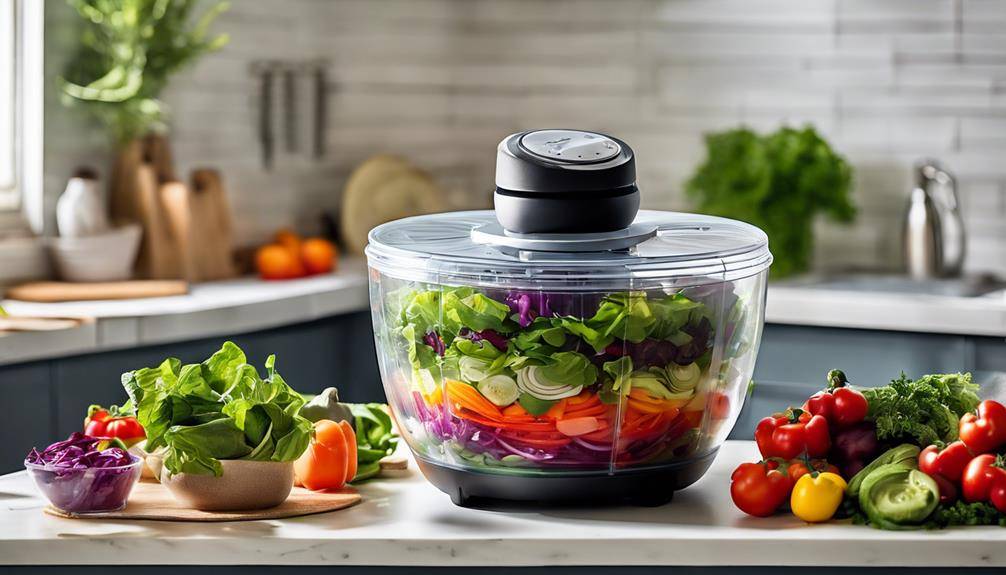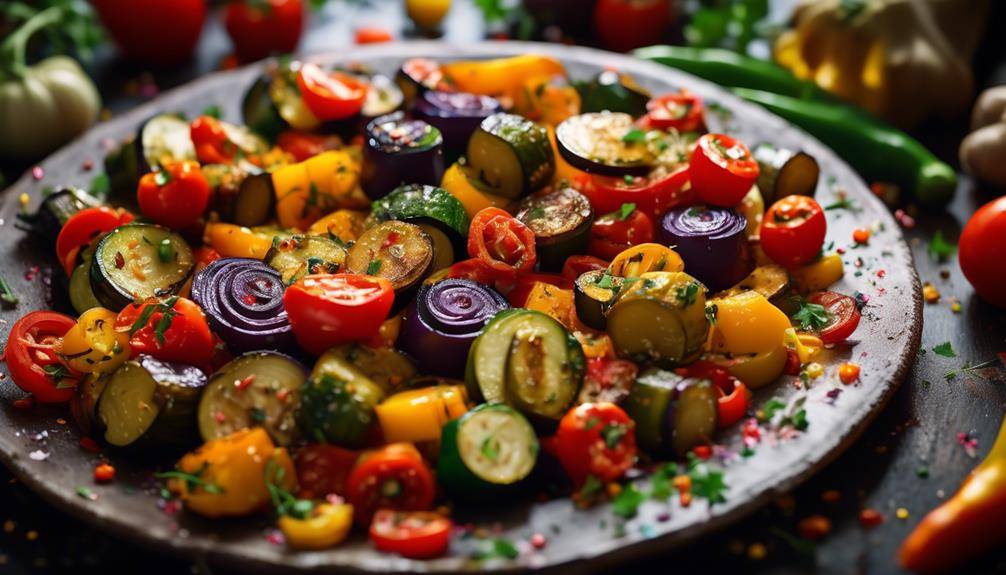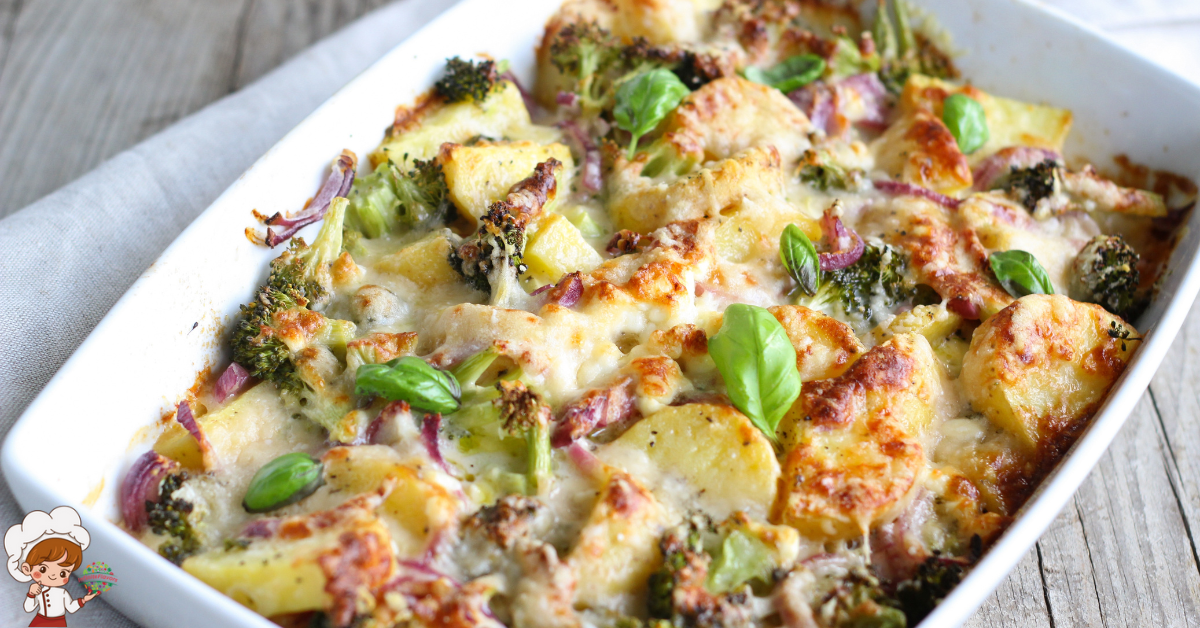Important Seven Basic Cooking Tips for Beginners
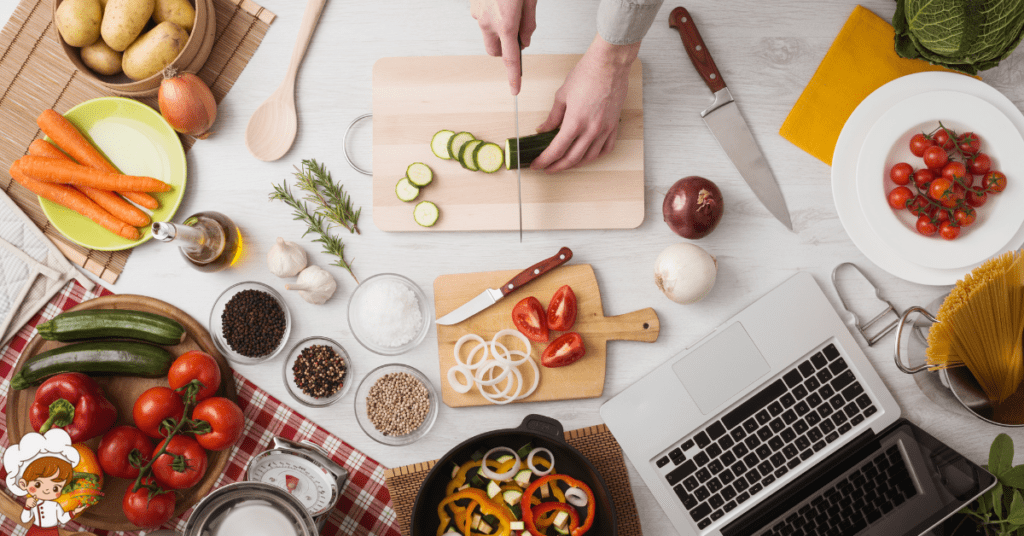
Basic Cooking Tips for Beginners; Are you a beginner in the kitchen, feeling lost among pots and pans? Don’t worry, we’ve got you covered! Cooking can be a daunting task, but with these seven basic tips, you’ll be whipping up delicious meals in no time. Imagine yourself confidently slicing through vegetables, measuring ingredients with precision, and mastering essential cooking methods. Picture yourself effortlessly managing your time and adding just the right amount of seasoning to elevate your dishes. And most importantly, envision yourself storing food safely and troubleshooting any cooking mishaps that come your way. So, grab your apron and get ready to embark on a culinary adventure with these essential cooking tips for beginners.
Understanding Basic Kitchen Tools
To understand basic kitchen tools, start by familiarizing yourself with the essential utensils and appliances that will make your cooking experience easier and more efficient. One of the most important tools in any kitchen is a set of good quality knives. Understanding basic knife techniques is essential for any cook. Begin by learning how to properly hold a knife, with your index finger and thumb gripping the blade’s base and the handle resting in your palm. This grip gives you better control and reduces the risk of accidents. Practice slicing, dicing, and chopping various ingredients to improve your knife skills.
Proper kitchen tool maintenance is another crucial aspect of understanding basic kitchen tools. Keep your knives sharp by regularly honing and sharpening them. Honing realigns the blade, while sharpening removes a small amount of metal to create a new edge. Additionally, always wash your knives by hand and dry them immediately to prevent rusting. It is also important to store your knives properly, either in a knife block or on a magnetic strip, to protect the blades and prevent injuries.
In addition to knives, other essential kitchen tools include cutting boards, measuring cups and spoons, mixing bowls, and a variety of utensils like spatulas and tongs. Learn how to properly use and care for these tools to ensure their longevity and your safety. By understanding basic kitchen tools and incorporating proper knife techniques and maintenance, you will be well-equipped to tackle any recipe and enjoy a more efficient and enjoyable cooking experience.
Importance of Meal Planning
Plan your meals in advance to maximize efficiency and minimize stress in the kitchen. Meal planning is an essential skill that can save you time, money, and energy. By taking a little time each week to plan out your meals, you can streamline your cooking process and ensure that you have all the necessary ingredients on hand. Here are four reasons why meal planning is important:
- Meal prep: When you plan your meals in advance, you can do some or all of the meal prep ahead of time. This can include chopping vegetables, marinating meat, or even cooking a big batch of a staple ingredient like rice or pasta. By doing this prep work ahead of time, you can save valuable minutes during the week when you’re busy and pressed for time.
- Time-saving: With a meal plan in place, you can avoid the last-minute scramble to figure out what to cook for dinner. Instead of staring blankly into the fridge, you can simply consult your meal plan and start cooking. This saves you time and mental energy, allowing you to focus on enjoying the cooking process and spending quality time with your loved ones.
- Grocery shopping: Meal planning also helps you make more efficient trips to the grocery store. By knowing exactly what ingredients you need for the week, you can avoid impulse buys and only purchase what you truly need. This not only saves you money but also reduces food waste, as you’re less likely to buy perishable items that end up going bad before you can use them.
- Healthier choices: When you plan your meals in advance, you have more control over what you’re eating. You can incorporate a variety of nutritious ingredients into your meals and ensure that you’re getting a balanced diet. By taking the time to plan out your meals, you’re less likely to rely on unhealthy takeout or processed foods.
Mastering Knife Skills
Now that you’ve tackled meal planning, it’s time to master the art of knife skills. Proper knife grip techniques are essential for precision and safety in the kitchen. Additionally, learning knife maintenance tips will ensure your knives stay sharp and efficient for years to come.
Knife Grip Techniques
Get a firm grasp on your knife to master essential knife skills in the kitchen. Proper knife grip is crucial for both knife safety and effective cutting techniques. Here are four grip techniques that will help you improve your knife skills:
- The Pinch Grip: Hold the knife handle with your three middle fingers while resting your thumb and index finger on the blade’s opposite sides. This grip provides excellent control and precision.
- The Handle Grip: Wrap your hand around the handle, with your index finger resting on top of the blade. This grip is suitable for larger knives and heavy-duty tasks.
- The Claw Grip: Curl your fingertips inward, creating a claw-like shape. Place your fingertips on the ingredient, using your knuckles as a guide for the blade. This grip ensures your fingers are safe while cutting.
- The Reverse Grip: Hold the knife handle with your pinky and ring fingers, while your thumb rests on top of the blade. This grip is useful for delicate tasks that require a gentle touch.
Knife Maintenance Tips
To enhance your knife skills and ensure optimal performance, proper knife maintenance is essential. Regular knife sharpening is crucial to maintain a sharp edge for precise cutting. You can either use a sharpening stone or a honing rod to sharpen your knives. It is recommended to sharpen your knives every few months or whenever you notice a decrease in cutting efficiency. When storing your knives, avoid putting them in a drawer where they can rub against other utensils and become dull. Instead, consider using a knife block, a magnetic strip, or a knife guard to protect the blades. Proper knife storage will not only keep your knives sharp but also prevent accidents and prolong their lifespan.
Proper Measurement Techniques
When it comes to cooking, proper measurement techniques are essential to achieve accurate and precise results. To ensure you’re on the right track, it’s important to have the right measuring tools at your disposal, such as measuring cups and spoons. Accuracy is key in baking, where even a slight variation can affect the final outcome, while precision is crucial in recipes that require specific measurements for optimal flavor and texture.
Essential Measuring Tools
You will need at least three essential measuring tools to ensure precise measurements in your cooking. Here are the tools you should have in your kitchen:
- Measuring Cups: Use these to measure both dry and liquid ingredients accurately. Make sure to level off the ingredients for precise measurements.
- Measuring Spoons: These are perfect for measuring smaller amounts of ingredients, such as spices or extracts. Always use leveled spoons to avoid adding too much or too little.
- Kitchen Scale: A scale is crucial for measuring ingredients by weight, especially for baking. It helps you achieve consistent results and is more accurate than using volume measurements.
- Liquid Measuring Cup: This specialized cup has a spout for pouring liquids and clear markings for accurate measuring.
Accuracy and Precision
Ensure precise measurements in your cooking by mastering the proper measurement techniques. Accuracy training and precision techniques are essential skills that every beginner cook should develop. When it comes to cooking, accurate measurements can make a significant difference in the outcome of your dish. To achieve accurate measurements, start by using the appropriate measuring tools, such as measuring cups and spoons. Ensure that you level off dry ingredients and measure liquids at eye level to achieve precision. Additionally, familiarize yourself with common measurement conversions to avoid any mistakes. Remember, even a small deviation in measurements can alter the taste and texture of your dish. By honing your accuracy and precision skills, you will be well on your way to becoming a confident and skilled cook.
Essential Cooking Methods
To master essential cooking methods, start by understanding the basic techniques that will elevate your culinary skills. Whether you’re a beginner or an experienced cook, these cooking methods will help you achieve delicious results every time.
- Searing: Searing is a technique that involves cooking food at high heat to develop a rich, caramelized crust. It adds depth of flavor to meats, fish, and vegetables. To sear properly, make sure your pan is hot and dry before adding the food. This will create a beautiful brown crust while keeping the inside tender and juicy.
- Braising: Braising is a cooking technique that involves simmering food in liquid for an extended period of time. It’s perfect for tougher cuts of meat, as the slow cooking process breaks down the connective tissues and results in tender, flavorful dishes. To braise, sear the meat first, then add liquid (such as broth or wine) and simmer on low heat until the meat is cooked through.
- Roasting: Roasting is a dry heat cooking method that is great for meats, poultry, and vegetables. It involves cooking food in an oven at a high temperature, allowing the outside to become crispy while the inside remains moist and tender. To roast effectively, preheat your oven and season the food with herbs, spices, or marinades for added flavor.
- Steaming: Steaming is a gentle cooking method that helps retain the natural flavors and nutrients of food. It’s perfect for vegetables, seafood, and dumplings. To steam, place the food in a steamer basket or on a rack above boiling water. Cover the pot tightly to trap the steam, and cook until the food is tender and cooked through.
Choosing the Right Ingredients
When it comes to cooking, choosing the right ingredients is crucial for a successful dish. One important consideration is whether to use fresh or processed ingredients. Fresh ingredients tend to have better flavor and nutritional value, while processed ingredients may offer convenience but often contain additives. Additionally, deciding between organic or conventional ingredients can impact both taste and health, as organic produce is grown without synthetic pesticides and fertilizers. Lastly, selecting seasonal ingredients ensures that you’re using produce at its peak freshness and flavor.
Fresh Vs. Processed
Choosing the right ingredients is crucial for beginner cooks to ensure the quality and flavor of their dishes. When it comes to fresh vs. processed ingredients, here are some key points to consider:
- Fresh ingredients: Opting for fresh ingredients can enhance the taste and nutritional value of your dishes. Fresh fruits, vegetables, and meats are less processed and contain fewer additives.
- Processed ingredients: Processed ingredients, such as canned goods or frozen foods, offer convenience and a longer shelf life. However, they often contain preservatives and added sugars or sodium.
- Organic or conventional: Choosing organic ingredients ensures they are grown without synthetic pesticides or genetically modified organisms (GMOs). However, conventional ingredients can still be nutritious and flavorful.
- Balance and variety: It’s important to strike a balance between fresh and processed ingredients. Incorporating a variety of both can help you save time without compromising on taste and nutrition.
Organic or Conventional
When it comes to selecting ingredients for your recipes, you have the choice between organic and conventional options. Organic farming is a method that focuses on sustainable agriculture practices, using natural fertilizers and avoiding synthetic pesticides and GMOs. On the other hand, conventional farming relies on synthetic fertilizers and pesticides to maximize crop yields. While both options offer advantages, it’s important to consider your priorities when making a choice. Organic ingredients may be more expensive, but they are free from harmful chemicals and promote environmental sustainability. Conventional ingredients, on the other hand, may be more affordable and widely available. Ultimately, the decision between organic and conventional ingredients depends on your personal values and budget.
Seasonal Ingredient Selection
To ensure that you are using the freshest ingredients in your cooking, it is important to consider the availability of seasonal options. Here are some tips to help you choose the right ingredients:
- Opt for fresh over canned: Fresh ingredients are always the better choice when it comes to flavor and nutritional value. Canned ingredients often contain preservatives and can lack the vibrant taste of fresh produce.
- Prioritize local over imported: Local ingredients are not only fresher, but they also support the local economy and reduce your carbon footprint. Imported ingredients may have traveled long distances, resulting in a decrease in freshness and quality.
- Research seasonal produce: Take the time to learn which ingredients are in season in your area. Seasonal produce is usually more affordable, flavorful, and readily available.
- Experiment with substitutes: If a specific ingredient is not in season or available locally, try finding a suitable substitute that can provide a similar taste and texture.
Effective Time Management
Make sure you prioritize tasks and set timers to ensure efficient time management while cooking. Time management is crucial in the kitchen, especially for beginners. By implementing effective time-saving techniques and efficient meal prep, you can maximize your productivity and minimize the stress associated with cooking.
One of the key time-saving techniques is to plan your meals in advance. Take a few minutes at the beginning of the week to decide what dishes you will be cooking. This will help you create a shopping list and ensure you have all the ingredients on hand. Additionally, consider batch cooking. Prepare larger quantities of certain ingredients or dishes that can be used in multiple meals throughout the week. This will save you time and effort in the long run.
Another important aspect of time management is prioritizing tasks. Start by reading the recipe thoroughly and identifying any tasks that can be done in advance. For example, you can chop vegetables, marinate meat, or preheat the oven before you start cooking. By taking care of these tasks ahead of time, you can focus on the actual cooking process without feeling rushed.
Setting timers is also a great way to stay on track and avoid overcooking or burning your food. Whether it’s a simple kitchen timer or the timer on your phone, use it to remind you when to check on your food or when to move on to the next step of the recipe.
Tips for Seasoning and Flavoring
Enhance the taste of your dishes with these essential seasoning and flavoring tips.
- Experiment with Different Seasoning Techniques: Don’t be afraid to try out various seasoning techniques to add depth and complexity to your dishes. Whether it’s marinating, dry rubs, or brining, each method can bring out different flavors and textures in your food. Get creative and explore new ways to season your dishes.
- Understand Flavor Pairing: Knowing which flavors work well together is crucial for creating delicious dishes. Familiarize yourself with classic flavor pairings like garlic and lemon, or rosemary and thyme. Experiment with contrasting flavors like sweet and savory, or spicy and tangy. Understanding flavor profiles will help you create well-balanced and flavorful meals.
- Build Layers of Flavor: Don’t just rely on a single seasoning to enhance your dishes. Instead, build layers of flavor by adding different seasonings at different stages of cooking. For example, start by seasoning your meat with salt and pepper, then add herbs and spices during the cooking process. This will ensure that every bite is bursting with flavor.
- Taste and Adjust: Seasoning is a personal preference, so it’s important to taste your food as you go and make adjustments accordingly. Start with a little seasoning, taste, and then add more if needed. Remember, it’s easier to add more seasoning than to remove too much, so go slowly and adjust as you go.
Proper Food Storage and Safety
Ensure the freshness and safety of your ingredients by practicing proper food storage and handling techniques. By following these guidelines, you can prevent the growth of harmful bacteria, maintain the quality of your ingredients, and minimize the risk of foodborne illnesses.
One of the most important food storage techniques is keeping perishable items, such as raw meat, poultry, and seafood, in the refrigerator at a temperature below 40°F (4°C). This helps slow down bacterial growth and preserves the quality of the food. It’s also crucial to store these items in leak-proof containers or sealed plastic bags to prevent cross contamination with other foods.
When it comes to storing leftovers, make sure to refrigerate them within two hours of cooking. Divide large amounts of food into smaller portions and store them in shallow containers to allow for quick and even cooling. Label the containers with the date of preparation to keep track of their freshness. Leftovers can be safely stored in the refrigerator for up to four days, but if you’re unsure about their safety, it’s best to discard them.
Preventing cross contamination is another essential aspect of food safety. Keep raw meats, poultry, and seafood separate from other foods, both in storage and during preparation. Use different cutting boards, utensils, and plates for raw and cooked foods to avoid the transfer of bacteria. Wash your hands thoroughly with soap and warm water before and after handling raw ingredients to prevent the spread of bacteria.
Troubleshooting Common Cooking Mistakes
To avoid common cooking mistakes, start by familiarizing yourself with the proper techniques and methods for each recipe. Even experienced cooks can make errors in the kitchen, but with a little troubleshooting, you can fix these common cooking mistakes and create delicious meals every time. Here are some tips to help you troubleshoot and overcome common cooking errors:
- Overcooking: If you find that your food is turning out dry or tough, you may be overcooking it. To avoid this, make sure to follow the recommended cooking times and temperatures in the recipe. Use a timer to keep track of cooking time and check for doneness with a meat thermometer or by visually inspecting the food.
- Underseasoning: One of the most common mistakes beginner cooks make is not adding enough seasoning to their dishes. Taste your food as you cook and adjust the seasoning accordingly. Remember to start with a little and gradually add more if needed, as you can always add more but can’t take it away.
- Unevenly cooked food: If your food is cooking unevenly, it could be due to variations in heat distribution in your oven or stovetop. To overcome this, rotate the pans or dishes halfway through cooking or stir the food frequently to ensure even cooking.
- Burnt or stuck food: Burning or sticking food to the pan is frustrating, but it can be avoided by using the right cooking oil or non-stick spray, maintaining the correct heat level, and using the appropriate cooking utensils. If food does get stuck, deglaze the pan with a liquid like broth or wine to release the stuck bits.
Frequently Asked Questions: Basic Cooking Tips for Beginners
How Can I Prevent My Food From Sticking to the Pan?
To prevent your food from sticking to the pan, make sure to properly maintain it. Regularly clean and season your pan with oil or cooking spray before each use. This will create a non-stick surface and help your food cook evenly.
What Is the Best Way to Determine if Meat Is Cooked Thoroughly?
To determine if meat is cooked thoroughly, use a meat thermometer. Insert it into the thickest part of the meat, avoiding bones and fat. The internal temperature should reach the recommended level for the specific type of meat.
How Do I Know Which Type of Cooking Oil to Use for Different Dishes?
Choosing the right cooking oil for different dishes can be confusing. To enhance flavors, it’s important to know which oil to use. Consider factors like smoke point and flavor profile when making your selection.
What Are Some Ways to Add Flavor to Dishes Without Using Salt?
To enhance the flavor of your dishes without salt, get creative with seasoning alternatives. Try using herbs and spices, such as garlic, onion, black pepper, or lemon juice. Experiment with different combinations to find your favorite flavors.
How Can I Prevent My Vegetables From Becoming Too Mushy When Cooking?
To prevent your vegetables from becoming too mushy when cooking, try alternative methods like roasting or stir-frying. These techniques help maintain the crispness and texture. Additionally, experiment with seasoning to add flavor without relying on salt.
Conclusion
In conclusion, mastering the basics of cooking is essential for beginners. By understanding kitchen tools, meal planning, knife skills, measurement techniques, cooking methods, time management, seasoning, and food safety, beginners can become confident in the kitchen. With practice and knowledge, anyone can create delicious and satisfying meals. So don’t be afraid to get started and explore the world of cooking!



